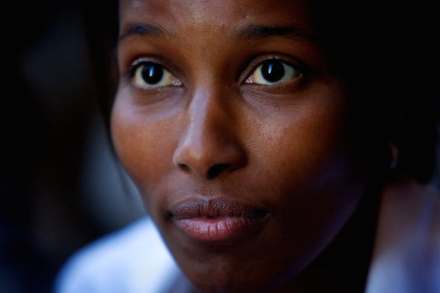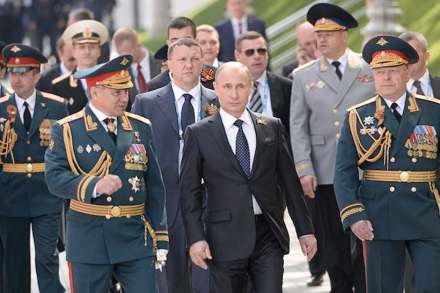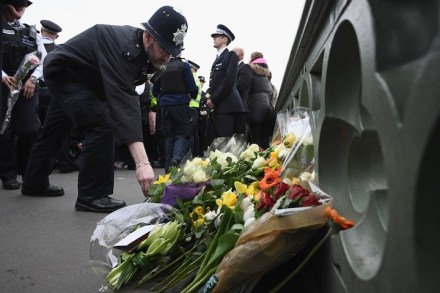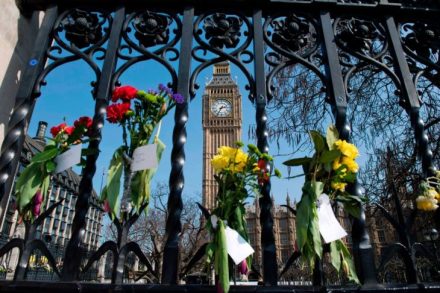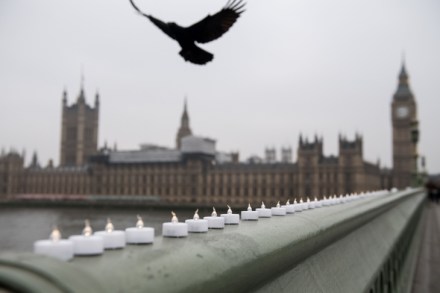The Spectator Podcast: Trump’s wars
On this week’s edition of The Spectator Podcast, we consider President Trump’s growing military ambitions, dissect the problem of radical Islam in our prisons, and judge what makes a perfect marmalade. First, this week’s magazine cover depicts Donald Trump in full Kaiser Wilhelm II costume. The reason for that image is Andrew J. Bacevich‘s assertion that far from being a modern-day Hitler, a better analogue for the new American supremo is the last German emperor. The isolationist image that Trump cultivated during the campaign is beginning to melt away, leaving the possibility of war with North Korea, and even China. Professor Bacevich joins the podcast to discuss the complex military situation, along




